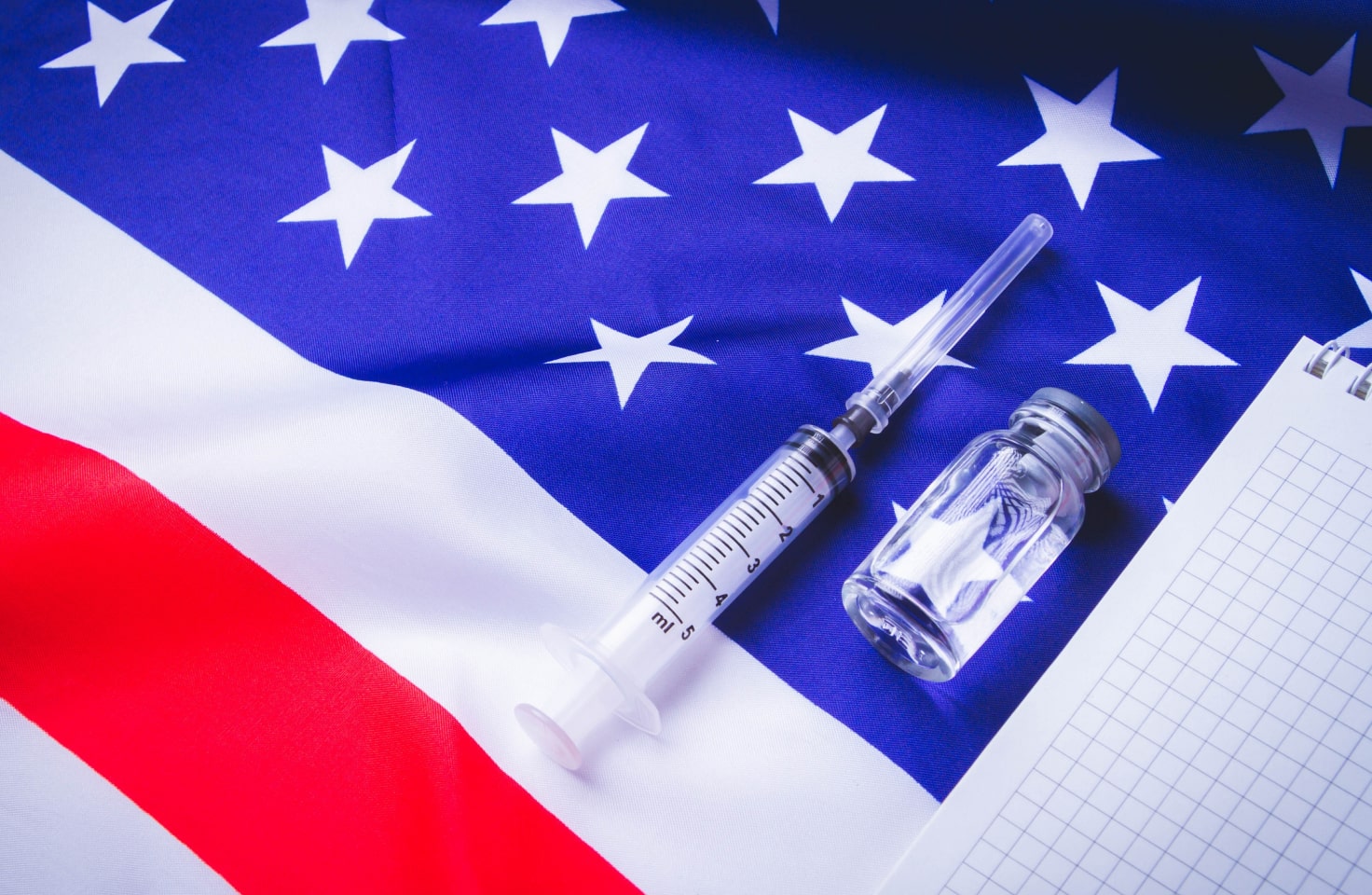T1D Guide
T1D Strong News
Personal Stories
Resources
T1D Misdiagnosis
T1D Early Detection
Research/Clinical Trials
Low Blood Sugar Anxiety
Scientists are discovering that our emotional wellness is tied to our physical health. And, contrary to popular belief, just as we manage our diabetes, there are ways we can manage our emotions through self-regulation. Being aware of how we feel can improve mental health.

Diabetes Distress is Real.
Just as we can’t always control our blood sugar levels, we can’t always control our feelings. But there are ways we can express our emotions in healthy ways. The first step to improving mental health conditions is learning through our experiences. As we learn more about the nuances of diabetes management, we can elevate the learning process by uncovering why we feel anxious, scared, or stressed.
There is no question—emotions affect blood glucose levels.
Stress, adrenaline and growth hormones all affect our glucose balance. Additionally, as we learn to adjust our insulin levels, we can watch for the triggers that cause anxiety and adapt to situations accordingly. There are ways to beat diabetes burn-out.
So, let’s dive into the facts surrounding diabetes.
Time in Range 101
The root of anxiety for most people with diabetes is keeping their time in range (TIR). Time in range is the percentage of time a person with type 1 diabetes (T1D) or type 2 diabetes (T2D) spends in the recommended target range with their blood glucose levels. The suggested TIR for people with diabetes is between 70 to 180 mg/dL or a tighter range of 70 to 140 mg/dL.
An endocrinologist might explain keeping TIR is akin to holding a balloon in midair—therein lies the anxiety. It’s a tall order and a 24-hour job. T1Ds are encouraged to keep TIR about 70% of the time, which equals 17 hours of a 24-hour day.

Hypoglycemia (Low Blood Sugar)
Hypoglycemia sets in when blood sugar levels drop below 70 mg/dL. Symptoms of low blood glucose include dizziness and confusion, and if left untreated, the condition can quickly become serious, resulting in seizures or a diabetic coma.
Other warning signs of severe hypoglycemia:
- Rapid heartbeat
- Shaking
- Sweating
- Anxiety or nervous behavior
- Confusion or irritability
- Hunger
Many factors can cause severe hypoglycemia, but the most common are taking too much insulin, not eating enough food for the amount of insulin dosed, physical activity, alcohol, hot weather, and stressful situations.
Hypoglycemia Unawareness
What can be even more frightening is when an individual doesn’t feel the blood sugar symptoms; this is a condition called hypoglycemia unawareness (HU). Individuals with HU can’t tell when their blood sugar drops, putting them at a higher risk of hypoglycemic episodes. HU occurs in about 40% of T1Ds.
Hyperglycemia (High Blood Sugar)
On the opposite side of the dial, we have hyperglycemia or high blood sugar, which occurs when the body has too much glucose in the blood. This condition results from the body not having enough insulin or when it’s unable to use insulin properly.
Signs of hyperglycemia include:
- Excessive urination
- Excessive thirst and hunger
- Feeling lethargy, tired, confused
- Blurred vision
- Weight loss
- Fruity breath and urine
- Recurring infections
Diabetic Ketoacidosis
When persistent blood glucose levels are left untreated, it may lead to a serious condition known as diabetic ketoacidosis (DKA). The severe complications of DKA include:
- Cerebra edema ( brain swelling
- Pulmonary edema (fluid in the lungs)
- Kidney failure
- Cardiac arrest
- Diabetic coma and death
While high blood sugar levels are dangerous and can lead to hospitalization, for most T1Ds, the risks of severe low blood sugar can be thoroughly taxing. So it’s no wonder both low and high blood sugar cause anxiety.
Conversely, anxiety disorders have reached an all-time high today among young people. A study from February 2023 by the Centers for Disease Control and Prevention (CDC) revealed that 42% of high schoolers and children felt anxious and persistently sad, while 10% attempted suicide.

As children and teens experience high levels of unease, another survey from the American Psychological Association indicated that 20.5% of young people worldwide experience anxiety.
Causes of Anxiety
First, let’s understand the leading causes of anxiety and the symptoms. Many different factors can trigger anxiety—both environmental and genetic.
Some common causes of anxiety include:
- A childhood trauma or adverse life event
- Physical or mental health conditions
- Medical illness or chronic condition (Diabetes, anyone?)
- Social pressure
- Physical or emotional abuse
Interesting fact: Women are twice as likely to experience anxiety as men, but a National Institutes of Health (NIH) study shows even cases of anxiety in men are on the rise.
- Substance abuse: drugs, alcohol, food and caffeine
- Thyroid condition: an overactive thyroid (sometimes dually diagnosed with T1D) can cause panic attacks and accelerated heart rate.
Common Symptoms of Anxiety
- Headaches, muscle aches or stomachaches
- Sweating, dizziness or shortness of breath
- Trouble concentrating
- Heart palpitations and irregular, fast heartbeat
- Rapid breathing (hyperventilating)
- Nausea, vomiting or diarrhea.
- Grinding teeth or Temporomandibular joint disorder (TMJ)
- Feeling tense and unable to relax
- Spiraling emotions, sense of dread.
Interesting Fact: Anxiety symptoms are similar to low blood sugar episodes. So, it is essential to check your levels with a blood sugar meter or continuous glucose monitor more frequently during these times. Even if your levels are in a good range, the strain may soon affect your stress hormones, causing levels to dip or rise.
Anxiety and Diabetes Treatment
So, two questions remain: Does anxiety cause low blood sugar, or does low blood sugar cause anxiety? Unfortunately, the answer to both questions is yes.
The CDC also estimates that individuals with diabetes are 20% more likely to experience anxiety at some point on their journey. The burden of daily management is real, and the fear of low blood sugar is palatable.
Other ways to ease low blood sugar anxiety:
- Carry a glucagon injectable shot or spray, fast-acting glucose tablets and gels.
- Wear a medical alert bracelet.
- Let people know you have diabetes - it takes the total burden off your shoulders.
- Eat regularly. Add proteins, fat and fiber to your diet.
- Monitor your blood glucose level frequently
- Treat low blood sugar without delay
Diabetes Distress Treatment
An exceptional diabetes care team will value mental health care as part of a person’s diabetes treatment. Caring for the individual's emotional state is equally crucial as keeping blood glucose levels in check.
Anxiety is a debilitating disorder that can interfere with school work, job performance, relationships and daily life. Essential to healing is seeking medical help from trained healthcare professionals.
Healthcare providers can assess whether it's affecting your daily activities or causing mild distress. As valid as these feelings are, there is a line between normal worrying and feelings of extreme anxiety.
Early Detection is Key
After meeting with your physician, screening is vital to determine the anxiety disorder degree. Educating yourself and others on your mental health condition can help you feel adept at managing your diabetes.
Some questions to ask yourself:
- Have you always had anxiety?
- Did your diabetes diagnosis bring on anxiety?
- What times do you feel anxious?
- What specifically do you feel anxious about?
Bring these questions and answers to your appointment to seek treatment.
What can you do?
3-3-3 Rule to Calm Anxiety
A mindfulness practice has helped many people ease their anxiety. The simple grounding technique helps manage anxiety by first finding a quiet space. Then, do the following repetitions while taking deep breaths.
- Name three things you see.
- Name three things you hear.
- Move three different body parts.

Other Simple Ways to Ease Anxiety
- Meditation
- Listening to calming music
- Breathing practices
- Tai chi or yoga
- Massage or acupuncture
- Journaling
- Exercise
- Fresh air
- Take a walk
- Talking to someone
Your health care team may also recommend:
- Psychotherapy
- Medication
- Diet modification
- Support groups
.jpeg)
Lifestyle Changes
With diabetes comes specific lifestyle changes. First, give yourself a break, i.e., time to adjust to this new normal. Your feelings are valid. Diabetes is a complicated, challenging, and constant disease.
Once you get a handle on your diabetes care, you need to manage diabetes anxiety. Severe low blood sugar and anxiety are interchangeable, as are their symptoms. Talk with your healthcare team to determine a holistic approach that addresses the causes of your low blood sugar and anxiety to choose the best treatment plan.


.webp)





.webp)
.jpg)
.jpeg)
.jpg)
.jpg)
.jpg)
.jpg)



.jpg)

.jpg)

.jpg)



.jpg)
.jpg)
.jpg)

.jpg)

.jpg)














.jpg)


.jpg)







.webp)












.webp)





















.webp)








.jpg)



.jpg)
















.webp)